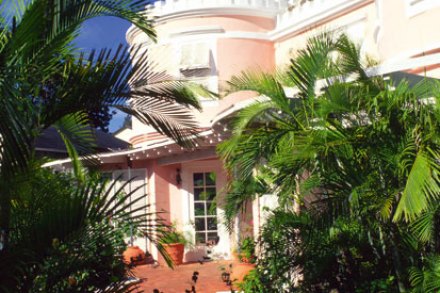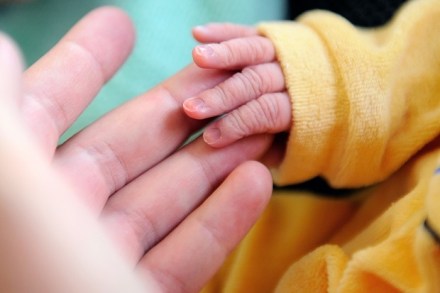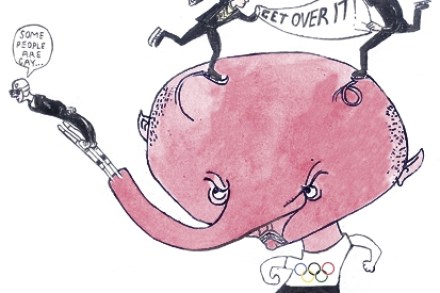Is there something that the BBC isn’t telling us about these Norwegians?
A man has set fire to a train in Switzerland and stabbed lots of people. On the BBC News last night the perpetrator was described as ‘a Swiss national’. Similarly on the BBC News online today: ‘The suspect, described as a Swiss man aged 27, was also taken to hospital after the incident near Salez in St Gallen canton, close to Liechtenstein.’ Do you know, I think there is something the BBC – and the Swiss authorities – are not telling us. This attack was quite similar in some respects to one carried out in London recently, in which an elderly American woman was murdered. Then, at least, the BBC









